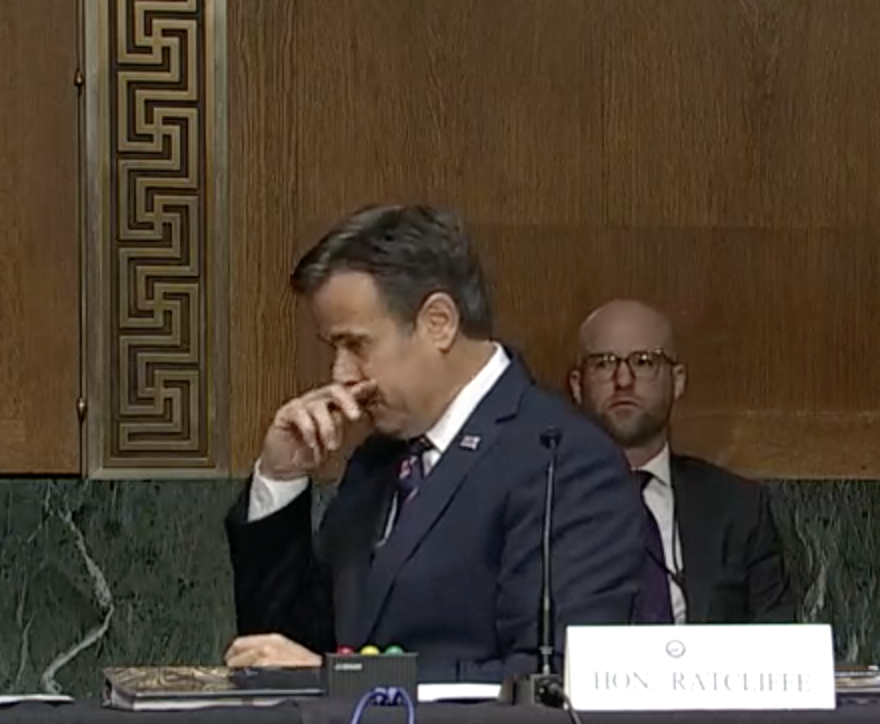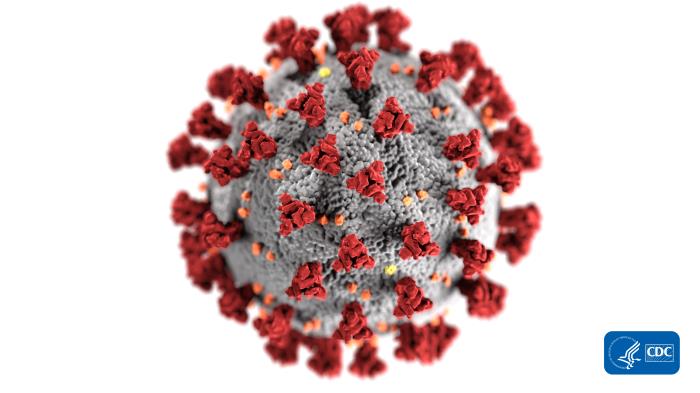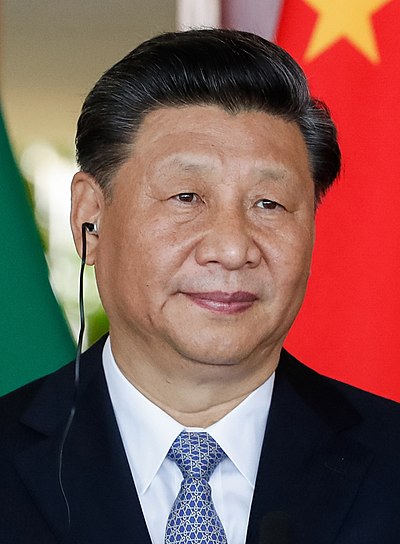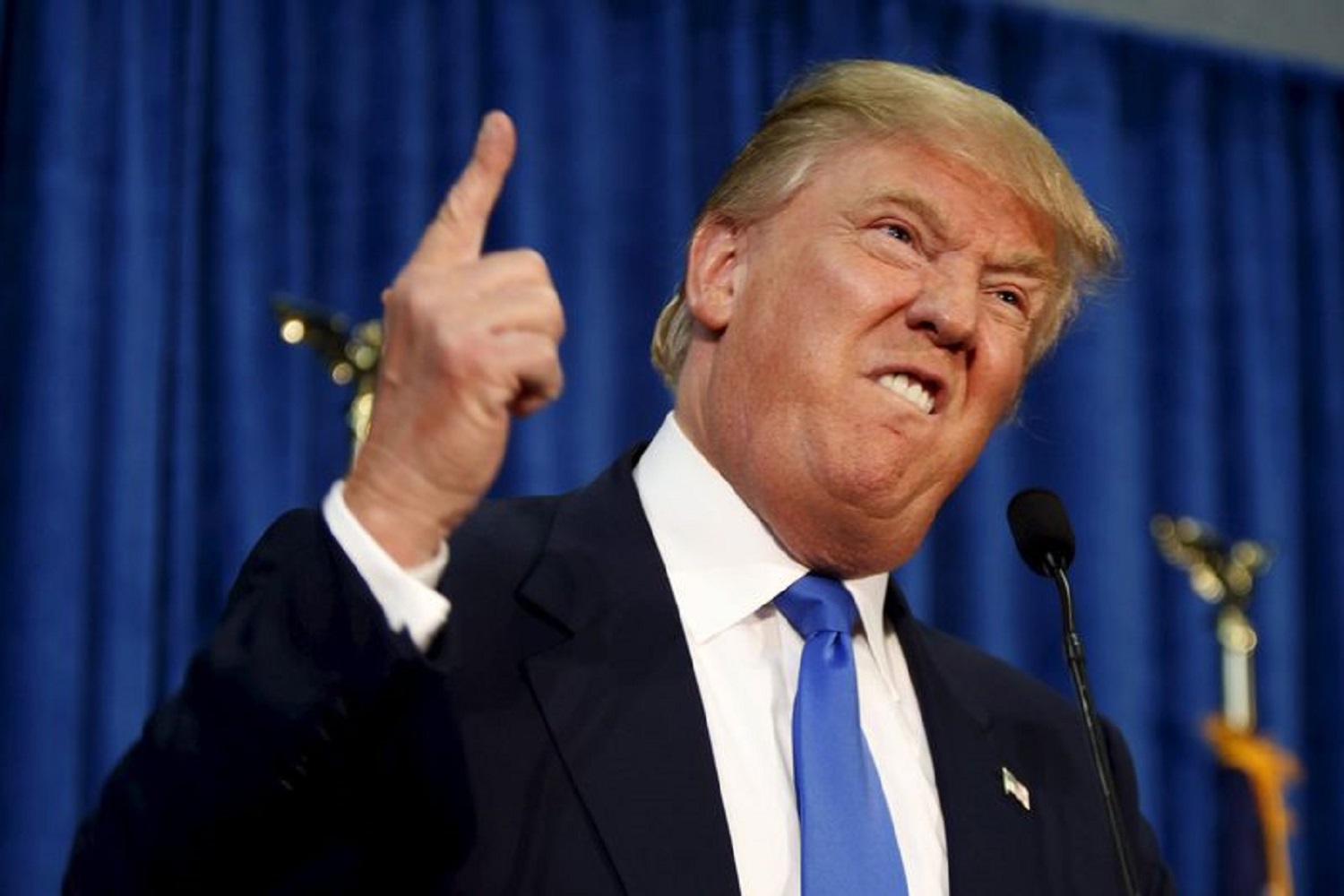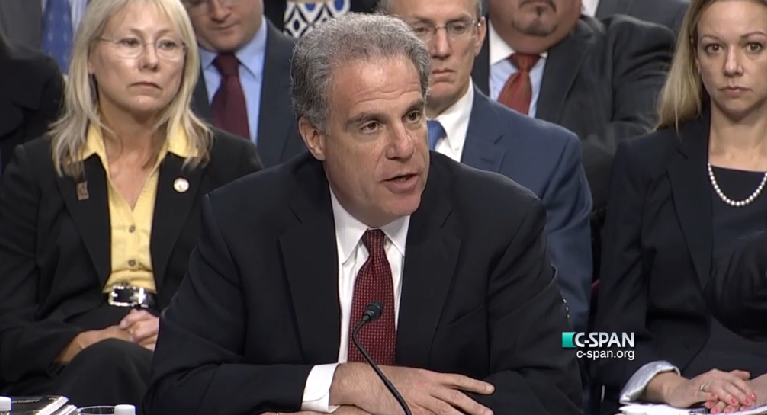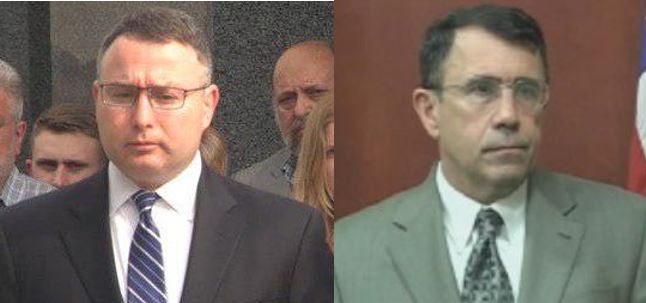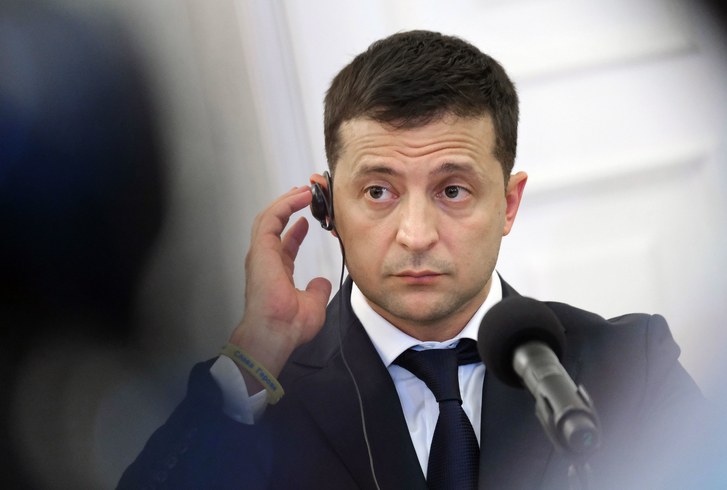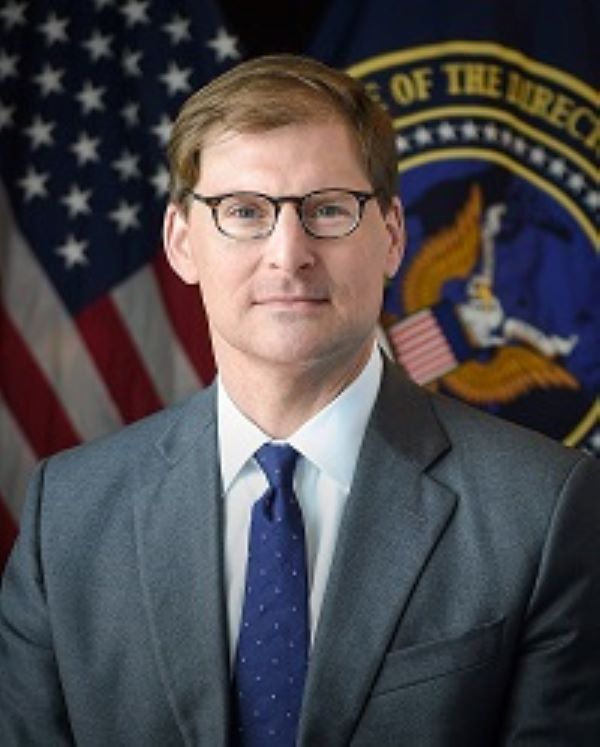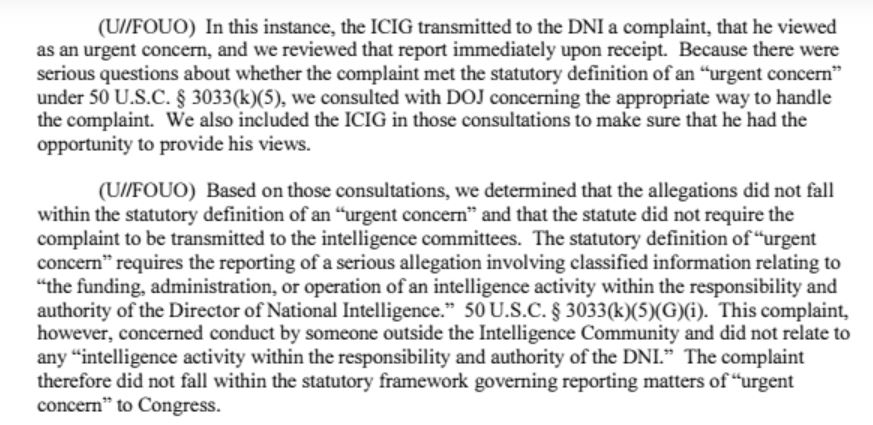After Years of Squealing about “FISA Abuse,” Trump’s DNI Nominee Won’t Rule Out Warrantless Wiretapping
As I noted earlier, in his confirmation hearing to be Director of National Intelligence, John Ratcliffe made it crystal clear he will lie to protect Trump by stating that he believed Trump has always accurately conveyed the threat of COVID-19.
Ratcliffe made some other alarming comments. For example:
- He repeatedly said that Russia had not changed any votes in 2016. The Intelligence Community did not review that issue and Ratcliffe has no basis to make that claim.
- Ratcliffe also repeatedly refused to back SSCI’s unanimous conclusion that Russia intervened to help Trump.
- He dodged when Warner asked him to promise to brief the committee even if Russia were trying to help Trump.
- When asked whether he supported Inspectors General, Ratcliffe said that he supported Michael Horowitz when others attacked him but then suggested he disagreed with Horowitz’ “opinion,” making it clear he does not accept Horowitz’ conclusions that he found no evidence that bias affected the investigation into Trump’s flunkies.
- Ratcliffe claimed he didn’t have enough information to address Michael Atkinson’s firing.
- When Dianne Feinstein read his quotes about the Ukraine whistleblower to him, Ratcliffe pretended those quotes were about something they weren’t.
- He might not provide intelligence on COVID-19 that showed how Trump blew it off.
- He suggested that if only the IC had reviewed open source data, they might have warned of the dangers of COVID-19, which they did warn of using both OSINT and classified intelligence.
- He refused to answer whether he thought there was a Deep State in the IC, and later suggested a few members of the IC were Deep State.
- Ratcliffe refused to agree to release a report showing that Mohammed bin Salman had Jamal Khashoggi executed and chopped into bits, as required by last year’s Defense Authorization. He suggested that it might have been properly classified; as DNI, he would be the Original Classification Authority to make that decision.
- He refused to answer clearly on whether Trump’s policies on North Korea and Iran have worked.
- He later suggested he might not share intelligence if it were too sensitive, again ignoring that as OCA he gets to decide whether it’s really classified.
- After saying he would appear for a Global Threats hearing, he then dodged when later asked whether he would appear before the committee generally.
Ratcliffe made several comments to make it clear he would side with expansive Unitary Executive interpretations holding that:
- There are limits to whistleblower protection.
- If torture were deemed legal it would okay to do it.
- The executive can use warrantless wiretapping.
There were a few additional hints about stuff going on right now:
- Mark Warner said that intelligence professionals have been pressured to limit information they share with Congress.
- Warner also said that Ric Grenell was undermining the IC’s election security group.
- Both Warner and Richard Burr seemed concerned that the DNI would not declassify their 1000-page Volume V of their Report on Russia’s 2016 election interference (I’m not sure whether this assess the Steele dossier or lays out whether and how Trump “colluded” during 2016).
- Martin Heinrich made it clear that Grenell is reorganizing the IC, without any consultation or approval from Congress.
It’s not just unqualified, he’s a sycophant. But it seems like there’s so much that Grenell is already screwing up, Republicans on the committee, at least, prefer Ratcliffe.
Update: Here are Ratcliffe’s Questions for the Record. They’re particularly troubling on sharing with Congress.
He twice refused to say that he wouldn’t impose loyalty tests.
QUESTION 39: Personnel decisions can affect analytic integrity and objectivity. A. Would you consider an individual’s personal political preferences, to include “loyalty” to the President, in making a decision to hire, fire, or promote an individual?
Answer: Personnel decisions should be based on qualifications, skills, merit, and other standards which demonstrate the ability, dedication and integrity required to support the central IC mission of providing unvarnished intelligence to policymakers.
B. Do you commit to exclusively consider professional qualifications in IC personnel decisions, without consideration of partisan or political factors?
Answer: Personnel decisions should be based on qualifications, skills, merit, and other standards that demonstrate the ability, dedication and integrity required to support the central IC mission of providing unvarnished intelligence to policymakers.
He refused to promise to keep the Election Threats Executive Office open.
QUESTION 45: Would you commit to keep the Election Threats Executive Office in place to ensure continuity of efforts, and build on the successes of the 2018 midterms?
Answer: If confirmed, I will work with IC leaders and ODNI officials to ensure the IC is well-positioned to address the election security threats facing our Nation.
He refused to promise to notify Congress if Russia starts helping Trump again.
QUESTION 53: Do you commit to immediately notifying policymakers and the public of Russian attempts to meddle in U.S. democratic processes, to include our elections?
Answer: If confirmed, I would work with the Committee to accommodate its legitimate oversight needs while safeguarding the confidentiality interests of the Executive Branch, including the protection from unauthorized disclosure of classified intelligence sources and methods
He suggested he had no problem with Section 215 being used to access someone’s browsing records.
QUESTION 7: Do you believe that Section 215 of the USA PATRIOT Act should be used to collect Americans’ web browsing and internet search history? If yes, do you believe there are or should be any limitations to “digital tracking” of Americans without a warrant, in terms of length of time, the amount of information collected, or the nature of the information collected (e.g., whether particular kinds of websites raise special privacy concerns)?
Answer: I believe it is important for the Intelligence Community to use its authorities appropriately against valid intelligence targets. The amendments to Title V of FISA made by Section 215 of the USA PATRIOT Act expired on March 15, 2020 and, to date, have not been reauthorized.
Ratcliffe dodged several questions about whether FISA was exclusive means to collect
Extra-Statutory Collection
QUESTION 9: Title 50, section 1812 provides for exclusive means by which electronic surveillance and interception of certain communications may be conducted. Do you agree that this provision of law is binding on the President?
Answer: If confirmed, I would work with the Attorney General to ensure that IC activities are carried out in accordance with the Constitution and applicable federal law.
QUESTION 10: Do you believe that the intelligence surveillance and collection activities covered by FISA can be conducted outside the FISA framework? If yes, please specify which intelligence surveillance and collection activities, the limits (if any) on extra-statutory collection activities, and the legal authorities you believe would authorize those activities.
Answer: If confirmed, I would work with the Attorney General and the heads of IC elements, as well as the General Counsels throughout the IC, to ensure that intelligence activities are conducted in accordance with the Constitution and applicable federal law. As set forth in Section 112 of FISA, with limited exceptions, FISA constitutes the exclusive statutory means by which electronic surveillance, as defined in FISA, and the interception of domestic wire, oral, or electric communications for foreign intelligence purposes may be conducted.
QUESTION 11: What would you do if the IC was requested or directed to conduct such collection activities outside the FISA framework? Would you notify the full congressional intelligence activities?
Answer: Consistent with the requirements of the National Security Act, I would keep the congressional intelligence committees informed of the intelligence activities of the United States, including any illegal intelligence activities. As you know, not all intelligence activities are governed by FISA.
If confirmed, I would work with the Attorney General and the heads of IC elements, as well as the General Counsels throughout the IC, to ensure that intelligence activities are conducted in accordance with the Constitution and applicable federal law.
Senator Wyden asked a question about the IC purchasing stuff they otherwise would need a warrant for.
QUESTION 12: Do you believe the IC can purchase information related to U.S. persons if the compelled production of that information would be covered by FISA? If yes, what rules and guidelines would apply to the type and quantity of the information purchased and to the use, retention and dissemination of that information? Should the congressional intelligence committees be briefed on any such collection activities?
Answer: Elements of the IC are authorized to collect, retain, or disseminate information concerning U.S. persons only in accordance with procedures approved by the Attorney General. As you know, not all intelligence activities are governed by FISA, and it is my understanding that in appropriate circumstances elements of the IC may lawfully purchase information from the private sector in furtherance of their authorized missions. Nonetheless, any intelligence activity not governed by FISA would be regulated by the Attorney General-approved procedures that govern the intelligence activities of that IC element. Consistent with the requirements of the National Security Act, if confirmed, I would keep the congressional intelligence committees informed of the intelligence activities of the United States.

